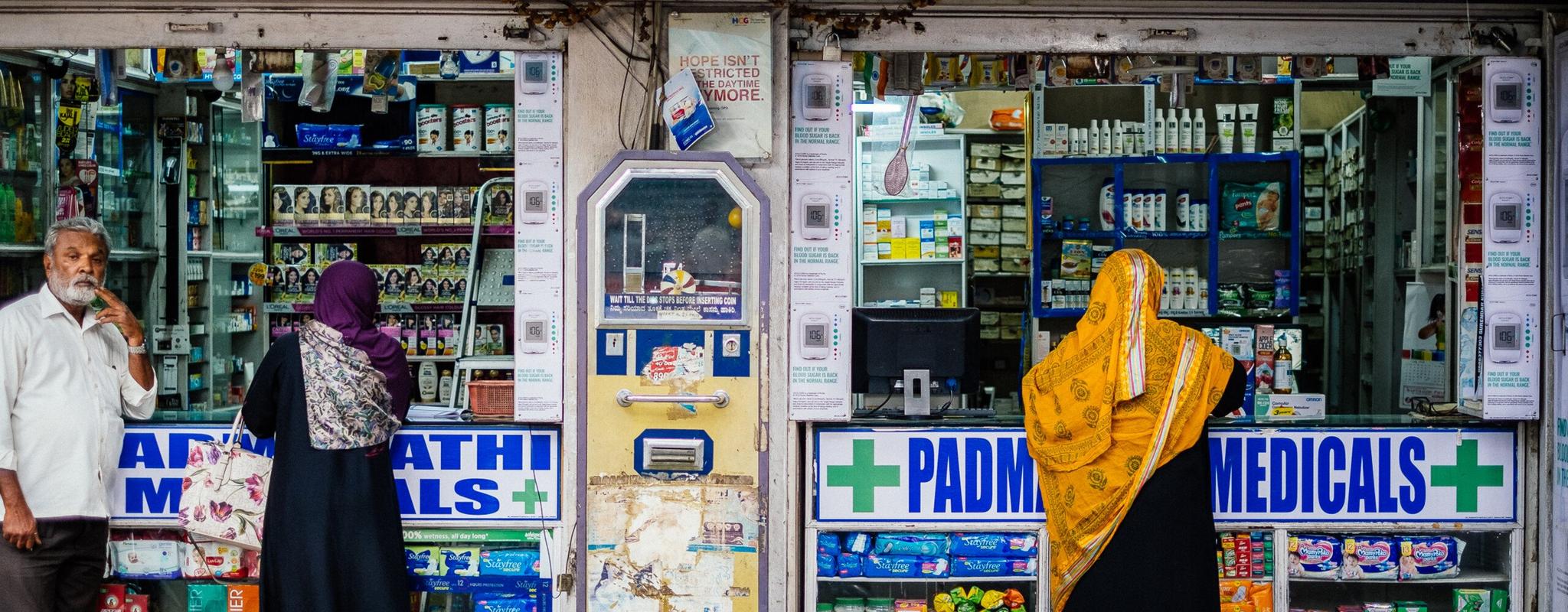How drug resistant infections are undermining modern medicine and why more research is needed now
This report explores the relationship between drug-resistant bacterial infections, focusing on antibiotic-resistant infections and conditions such as HIV, cancer and diabetes and medical treatment including surgery, organ transplant and ICU care.
It provides a review of published evidence and testimonies from patients and doctors about how drug-resistant infections are impacting their health and work.
What’s inside
- summary of evidence of impact of drug-resistant infections on conditions such as cancer, HIV and diabetes and treatments such as surgery, organ transplant and ICU care.
- recommendations on how to fill current evidence gaps
- doctor and patient testimonies on how drug-resistant infections are impacting their health and ability to treat patients.
Who this is for
- policy makers working on drug-resistant infections
- campaigners advocating for progress on drug-resistant infections
- patient and doctor advocates looking for evidence for the negative impact of drug-resistant infections.
What's inside
- We found evidence that patients with conditions such as cancer, HIV, diabetes, traumatic physical injuries and patients requiring surgery, organ transplants or care in ICU who also develop drug-resistant infections can be at greater risk of death, face a wide range of serious health problems and frequently need extra medical support.
- There are serious gaps in knowledge of how drug-resistant infections impact on many conditions and patient groups. Wider ranging and systematic research is required to better quantify the impact drug resistance is having.
- The issue of drug-resistant infections has yet to capture the public and patient imagination. Issues such as cancer to climate change are perceived to be more important and more relevant to people’s lives despite medical treatments such as chemotherapy relying on the availability of effective, reliable antibiotics. More research, more data and more visible patient stories are urgently needed to drastically raise awareness and drive government action.
- There is a disconnect between patients’ and clinicians’ lived experience of drug-resistant infections and the quality and quantity of empirical evidence about the impact of drug resistance. Better research is needed to bridge this gap and guide wider policy change.
Downloads
Read the executive summary by Wellcome and the Rapid Evidence Assessment (REA) commissioned by The Wellcome Trust in 2020 and carried out by RAND Europe.
Contact us
For more information email drugresistantinfections@wellcome.org.
